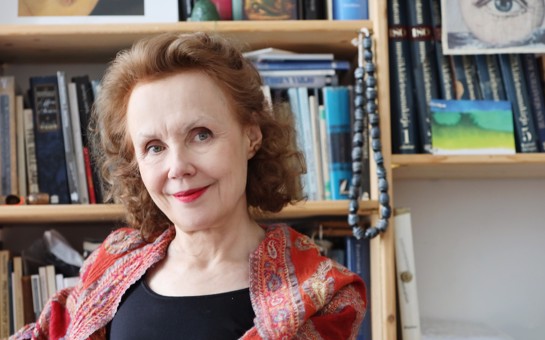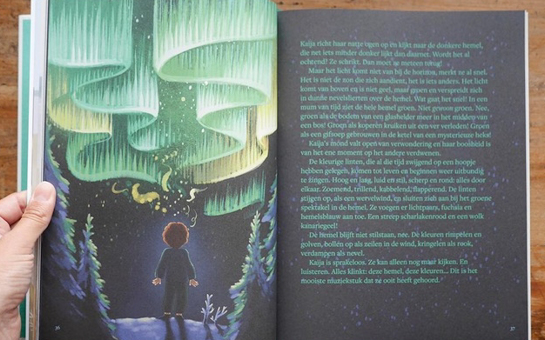— Erica Jeal, The Guardian
Smyth (1858-1944) was a composer, suffragist, and outspoken lesbian in Victorian England. She was jailed in 1910 after a political protest. The conductor Sir Thomas Beecham encountered her leading the women prisoners in march and protest song when he visited Smyth behind bars.
Determined to compose, she studied in Germany against her father's wishes. She met Dvorak, Grieg, Brahms, and Clara Schumann, among others; Tchaikovsky said, "Miss Smyth is one of the comparatively few women composers who may be seriously reckoned among the workers in this sphere of music." The Metroplitan Opera presented her Der Wald in 1903. Met audiences had to wait until 2016 for it to perform a woman's music on its stage again, L'Amour de loin by Kaija Saariaho.
The Prison, written before hearing loss ended her composing, was Smyth's last large-scale work. In a dialogue between The Prisoner and The Soul, it explores the prison of our mind and our pursuit of truth.
Read David Allen's article on the recording in The New York Times
Peruse the new edition of the score
Watch a mini-dcoumentary on Smyth and The Prison
Listen to the album





